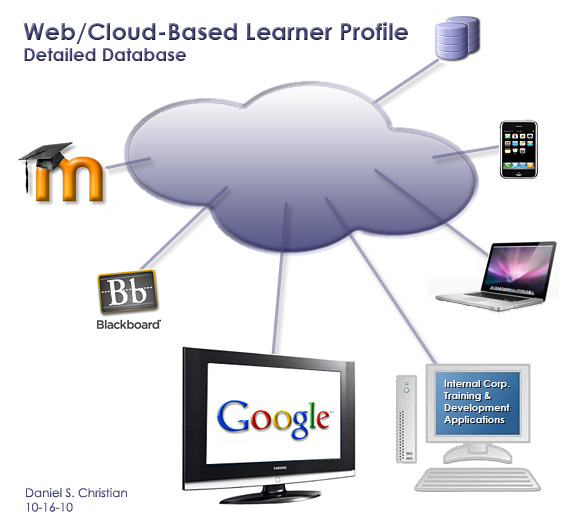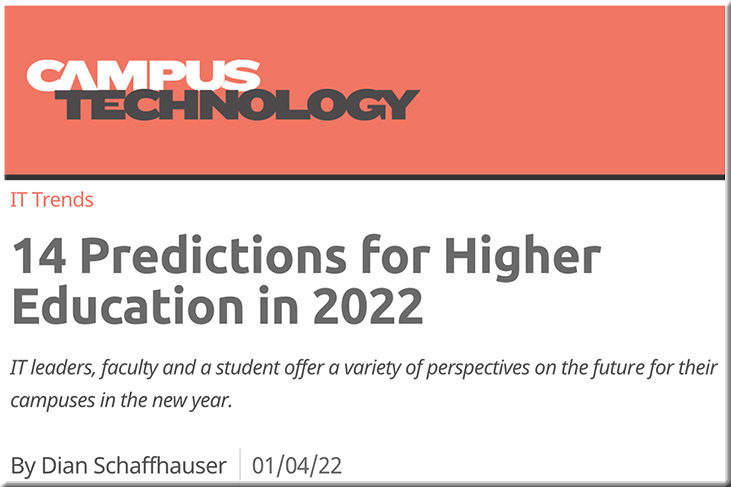From DSC:
As with many emerging technologies, there appear to be some significant pros and cons re: the use of NFTs (Non-Fungible Tokens).
The question I wonder about is: How can the legal realm help address the massive impacts of the exponential pace of technological change in our society these days? For examples:
Technicians, network engineers, data center specialists, computer scientists, and others also need to be asking themselves how they can help out in these areas as well.
Emphasis below is mine.
NFTs Are Hot. So Is Their Effect on the Earth’s Climate — from wired.com by Gregory Barber
The sale of a piece of crypto art consumed as much energy as the studio uses in two years. Now the artist is campaigning to reduce the medium’s carbon emissions.
Excerpt:
The works were placed for auction on a website called Nifty Gateway, where they sold out in 10 seconds for thousands of dollars. The sale also consumed 8.7 megawatt-hours of energy, as he later learned from a website called Cryptoart.WTF.
NFTs And Their Role In The “Metaverse” — from 101blockchains.com by Georgia Weston
Many people would perceive NFTs as mere images of digital artworks or collectibles which they can sell for massive prices. However, the frenzy surrounding digital art in present times has pointed out many new possibilities with NFTs. For example, the NFT metaverse connection undoubtedly presents a promising use case for NFTs. The road for the future of NFTs brings many new opportunities for investors, enterprises, and hobbyists, which can shape up NFT usage and adoption in the long term.
NFTs or non-fungible tokens are a new class of digital assets, which are unique, indivisible, and immutable. They help in representing the ownership of digital and physical assets on the blockchain. Starting from digital artwork to the gaming industry, NFTs are making a huge impact everywhere.
The decentralized nature of the blockchain offers the prospects for unlimited business opportunities and social interaction. Metaverse offers extremely versatile, scalable, and interoperable digital environments. Most important of all, the metaverse blends innovative technologies with models of interaction between participants from individual and enterprise perspectives.
From DSC:
How might the developments occurring with NFTs and the Metaverse impact a next-gen learning platform?
—–
Artist shuts down because people keep their work to make NFTs — from futurism.com by Victor Tangermann
NFT theft is a huge problem
Someone is selling NFTs of Olive Garden locations that they do not own — from futurism.com by
And you can mint a breadstick NFT — for free, of course













